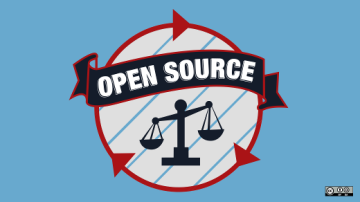
I am a lawyer and community-builder, and currently the co-founder and general counsel of Tidelift.
In previous lives, I've been:
- Deputy General Counsel at the Wikimedia Foundation;
- a board member of the Open Source Initiative, and chair of the licensing committee;
- an associate at Greenberg Traurig, working for a variety of clients on technology transactions and licensing issues;
- an attorney at Mozilla, where I led the revision of the Mozilla Public License, version 2.0;
- maintainer of a GPL'd operating system for Lego Mindstorms robots;
- QA and management with GNOME, Ximian, and Novell;
- a member of the GNOME board of directors.







Authored Comments
It is probably worth noting that many of the top tech trans lawyers now have some experience here - they either know some of the basics, or know where to find experts. (In particular, FSF-Europe's Legal Network is an excellent resource for them.) So the situation isn't nearly as dire as it was, say, ten years ago. Many of the remaining issues you may see day-to-day are often inefficiencies of the legal profession (e.g., lawyers and companies often don't have the right economic incentives to seek expertise), rather than problems that can be solved with more expertise.
<i>(they are worse at anything but their legal profession).</i>
hehehe... so true.
I bet a bunch of us sitting down around a table could easily specify a simple word processor that would be web-based (hence easy to share with clients), use HTML for the document (hence simple, standards-based), and use some sort of revision control on the backend (so that we can have good revision tracking- critical for us) without most of the other heavyweight bits.
Probably we'd end up with something a lot like Etherpad, or co-ment with better editing, but still... maybe thinking through the exercise would be good for us.